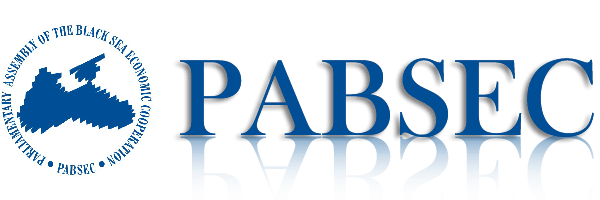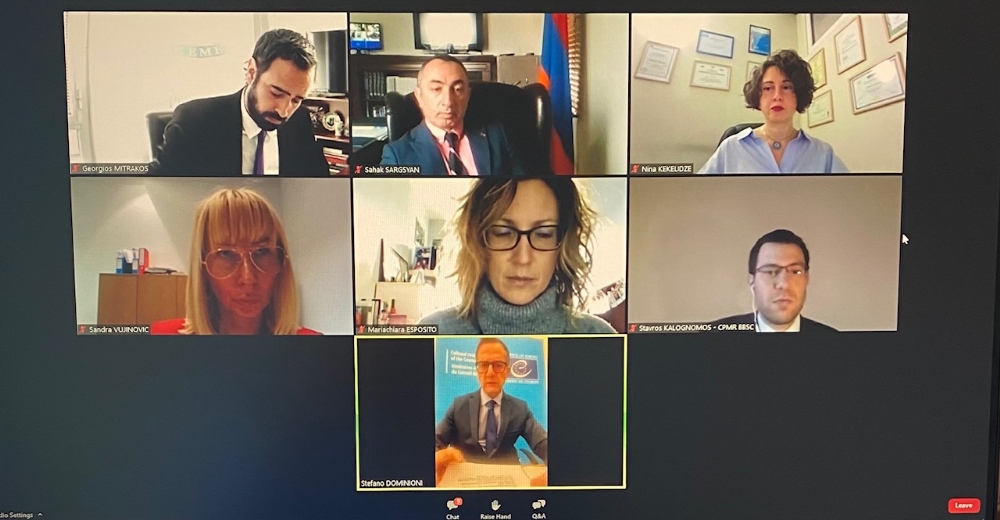Participation of the PABSEC International Secretariat in the “Cultural Tourism and Digital Transformation in the BSEC Region and Beyond: Lessons learned in the context of Covid-19 Pandemic” webinar, 10 November 2021
Mr. Miltiadis Makrygiannis, PABSEC Deputy Secretary General attended the webinar titled “Cultural Tourism and Digital Transformation in the BSEC Region and Beyond: Lessons learned in the context of Covid-19 Pandemic” that took place on 10 November 2021.
The event hosted by the International Centre for Black Sea Studies (ICBSS) and the Ministry of Foreign Affairs of the Republic of Armenia
The webinar aimed to bring together regional and international stakeholders to stimulate the discussion and exchange of good practices and lessons learned in cultural tourism; explore the untapped potential of regional partnerships; as well as, to enhance regional responses to and recovery from the pandemic and build resilience for the future.
It was addressed to policy-makers and policy-delivery stakeholders, national programme owners and funding agencies, representatives of SMEs and industry, academia and civil society - from the BSEC region and beyond.
The panelists stressed that throughout last decades tourism and culture have become more interconnected, evolving and complementing each other. Cultural tourism is recognized as important soft power tool for building bridges and mutual understanding among peoples, improving cultural exchanges and developing global citizenship and as an enabler and driver of the economic, social and environmental dimensions of sustainable development. It is a key socio-economic sector and a major source of revenues in the Wider Black Sea Region which is home of rich cultural heritage and diversity offering important travel destinations.
They also pointed that the “Fourth Industrial Revolution” has opened up a new era for digitalization in many areas including in culture and tourism with an impact on societies and economies. The digital transformation of the cultural tourism sector and the preservation of the cultural heritage have brought important advantages for people and opportunities for businesses.
With the outbreak of the COVID-19 pandemic tourism and cultural/creative industries have been among the most adversely affected sectors of the economy facing similar challenges in adapting to new COVID-19 travel and visitor regulations, such as social distancing, modification of facilities, as well as the digital transition. Cultural tourism has proven indispensable during this period as the demand for virtual access to museums, heritage sites, theatres and performances has reached unprecedented levels.
Despite all these challenges, the sectors of tourism and culture are facing an opportunity to create new partnerships and collaboration. Massive digitalization coupled with emerging technologies, such as virtual and augmented realities, can create new forms of cultural tourism, their dissemination through new business models and market potential.

